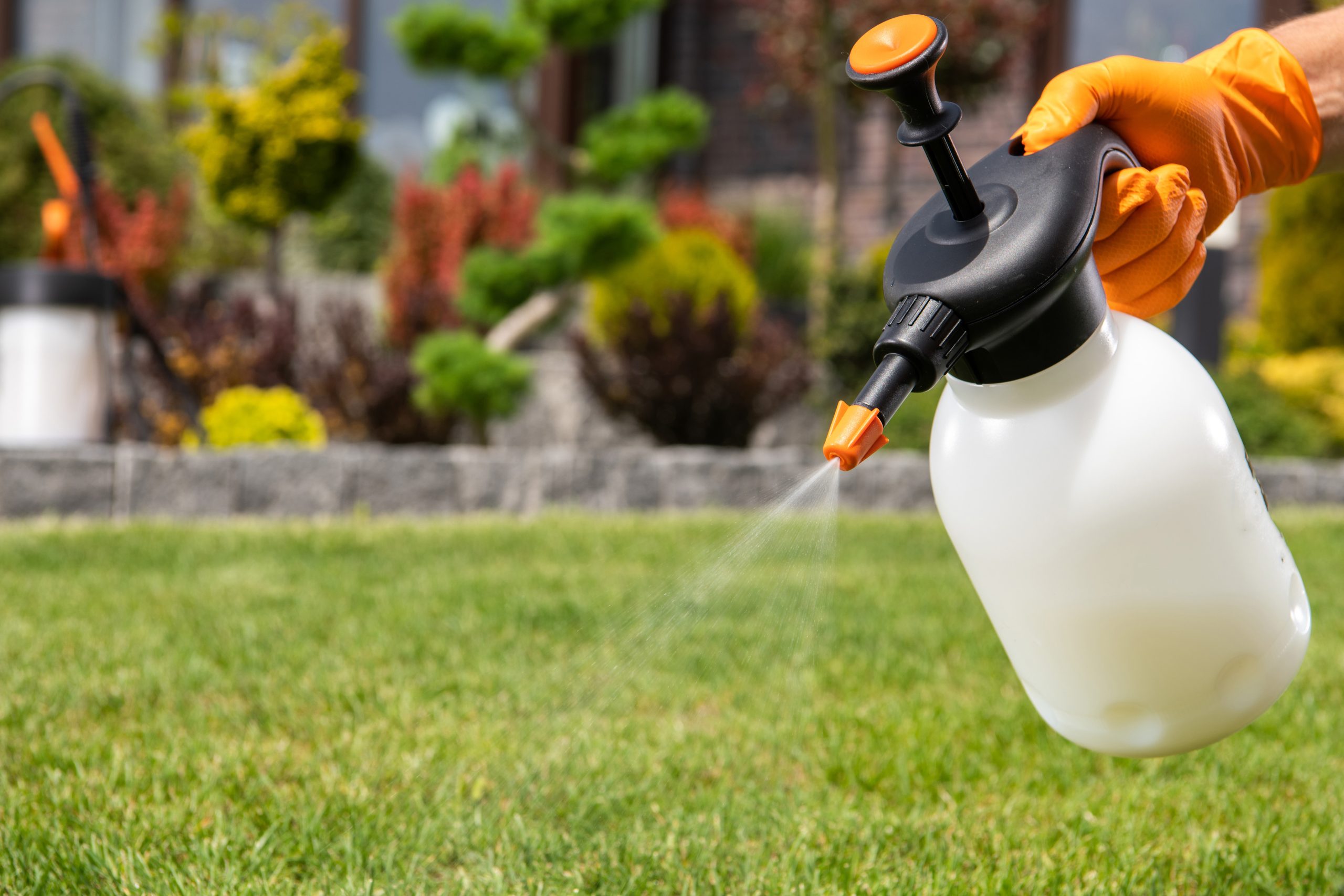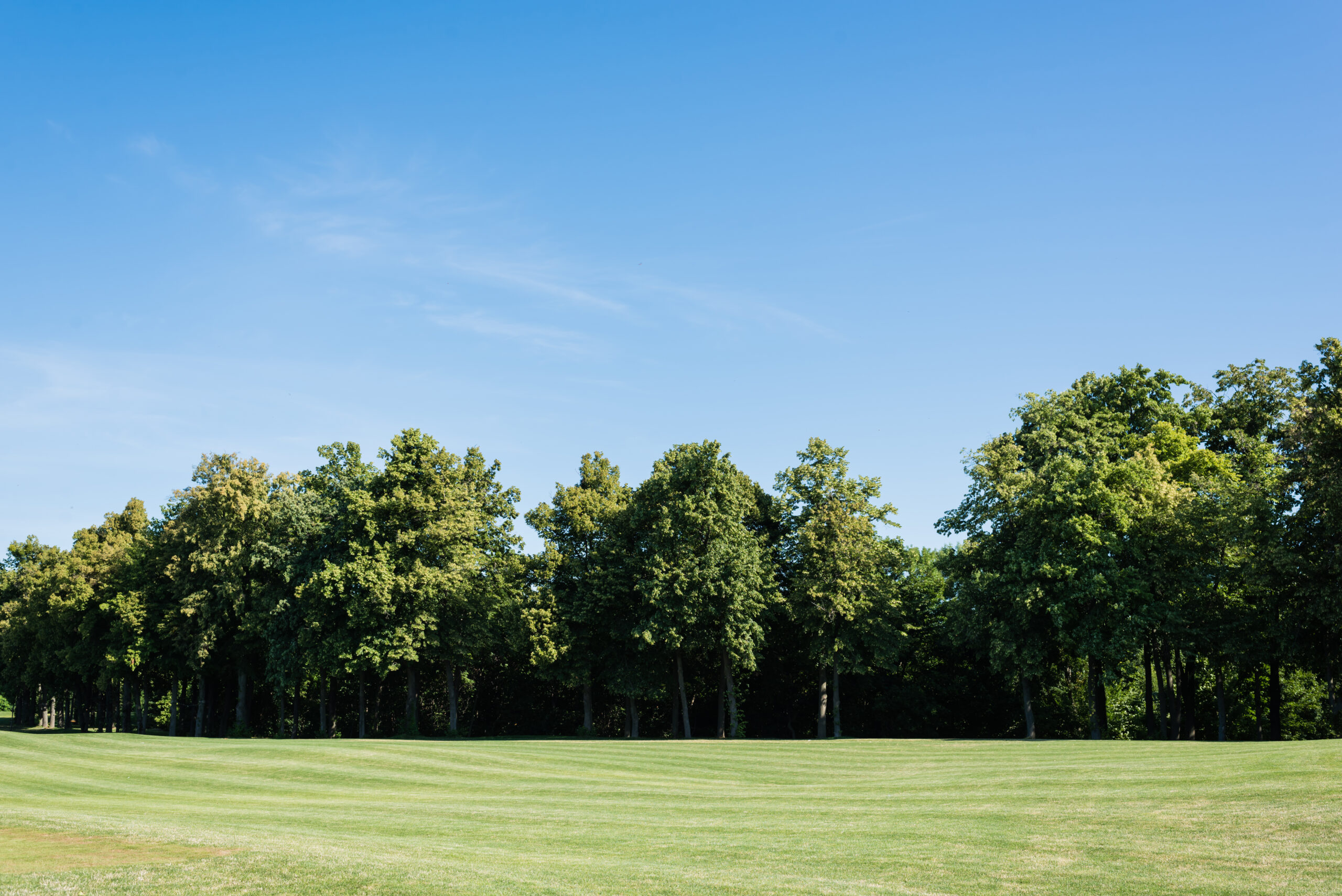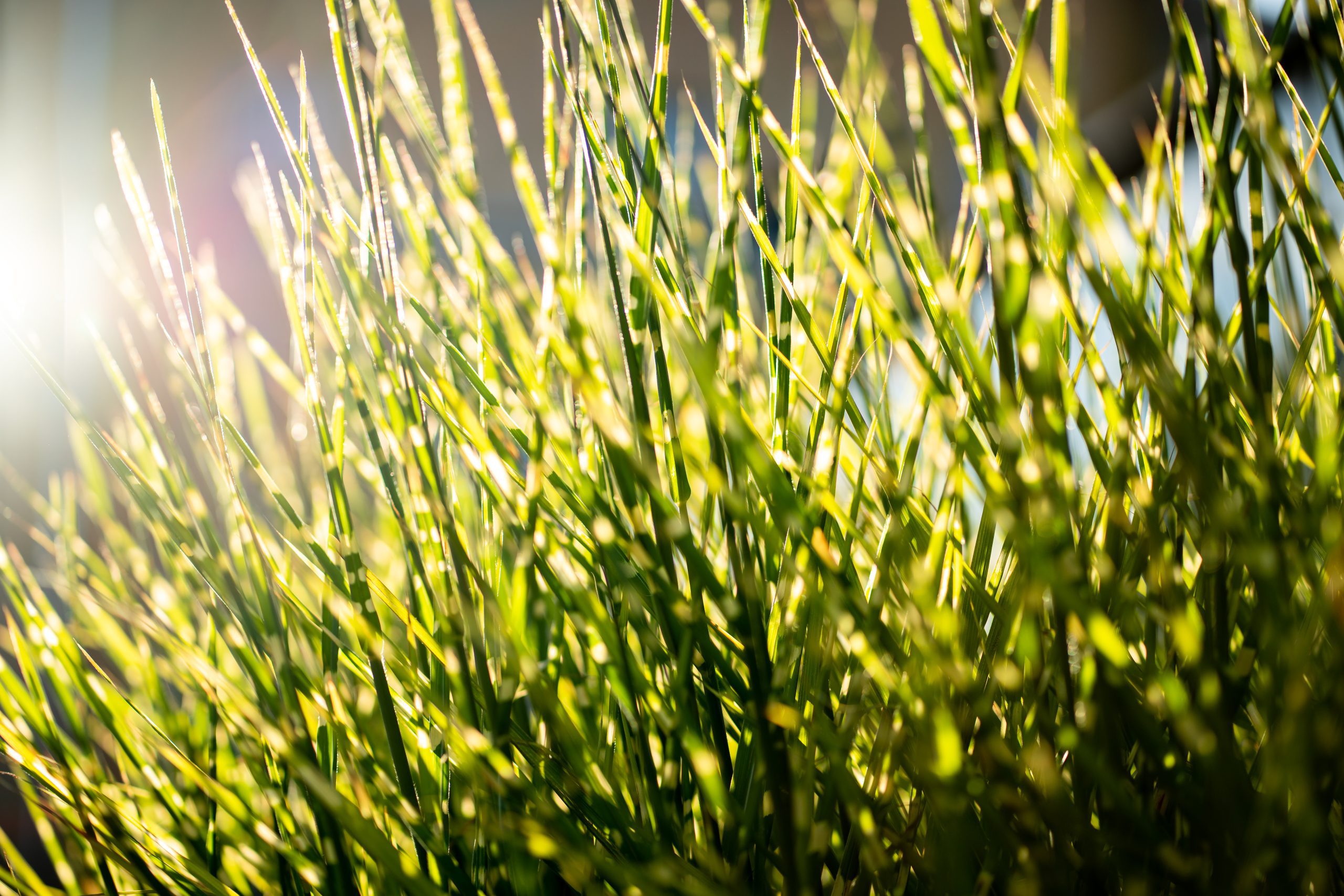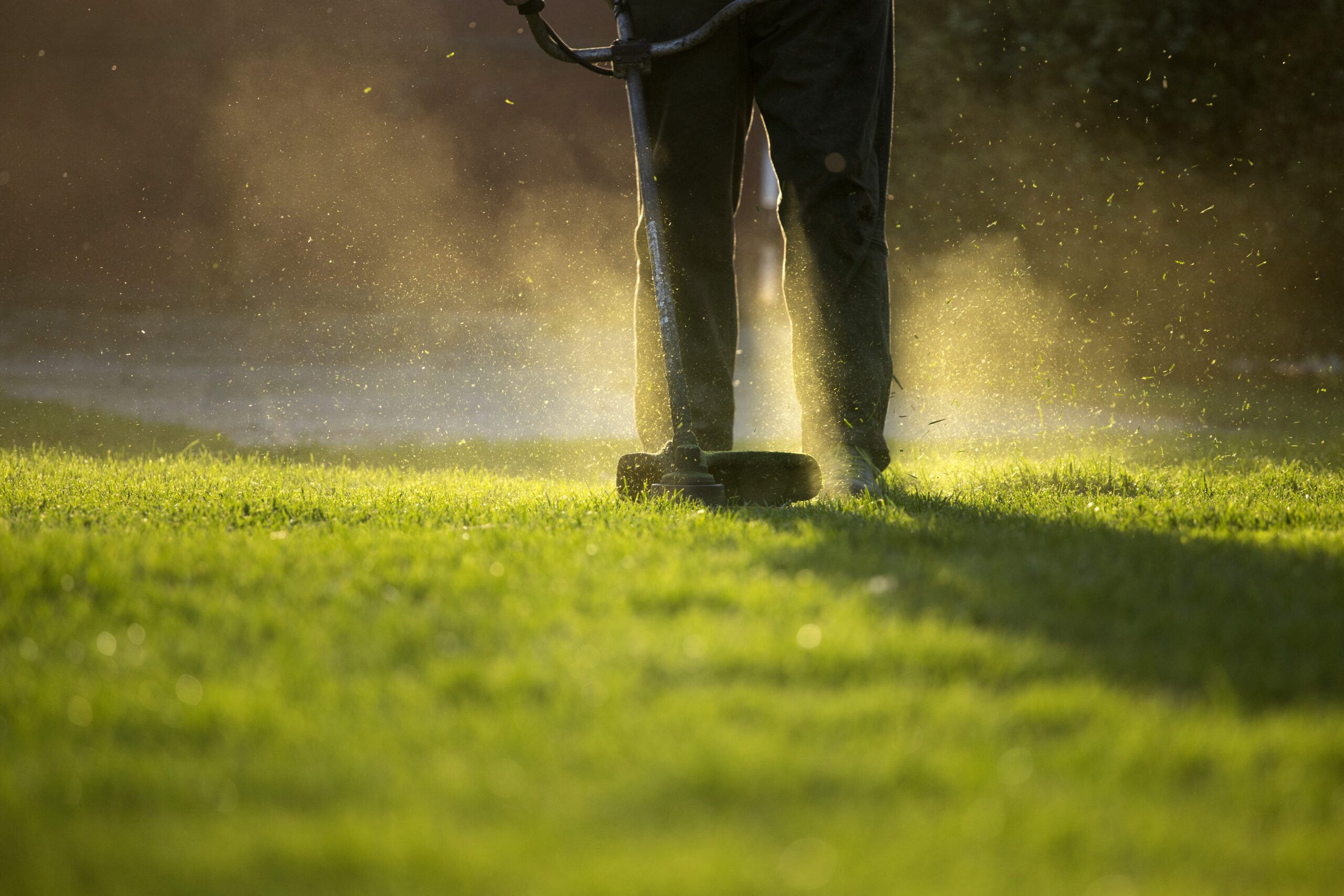Chinch bug lawn damage can sneak up fast—especially during Grand Ledge’s hot summer months. These tiny insects might be small, but their appetite for turfgrass can cause large brown patches and serious stress to your lawn.
Fortunately, once you know what to look for and how to act, you can stop chinch bugs before they spread. In this post, we’ll explain how to identify chinch bug damage and the best ways to prevent and treat an infestation.
What Are Chinch Bugs?
Chinch bugs are small, black and white insects that feed on grass by sucking the sap from blades and injecting toxins that block water flow. This feeding behavior causes your grass to dry out and die, even if it’s getting plenty of water.
They thrive in hot, dry weather, which makes Michigan lawns vulnerable in July and August.
How to Identify Chinch Bug Lawn Damage
Chinch bug lawn damage often looks like drought stress or fungus at first. However, there are specific signs to help you tell the difference:
- Irregular brown patches that start small and quickly expand
- Yellowing grass around the edges of dead spots
- Grass that doesn’t respond to watering
- Visible chinch bugs crawling at the base of the grass (they’re about 1/5 inch long)
Pro Tip: To confirm the presence of chinch bugs, press a coffee can (with both ends removed) into the soil and fill it with water. If bugs float to the top, it’s time to take action.
When Are Chinch Bugs Most Active?
In Grand Ledge, chinch bugs are most active in mid to late summer. They tend to concentrate in dry, sunny areas of your lawn—especially if your grass is already stressed.
Natural Ways to Control Chinch Bugs
If you prefer a low-impact approach, here are several natural methods to reduce chinch bug populations:
- Encourage natural predators like ground beetles and big-eyed bugs
- Avoid over-fertilizing, which creates tender grass more prone to attack
- Keep your lawn thick and healthy with regular aeration and overseeding
When to Use Pesticides
For severe infestations, chemical control may be needed. Look for a lawn treatment product that targets surface-feeding insects and apply it during the early stages of chinch bug activity. Always read labels and follow application instructions to minimize environmental impact.
Preventing Chinch Bug Lawn Damage
Prevention is always easier than repair. Here’s how Grand Ledge homeowners can reduce their risk of chinch bug problems:
- Water deeply and less frequently to encourage deep roots
- Aerate your lawn annually to relieve compaction
- Overseed thin areas to create a thicker, more resilient lawn
Need Help Controlling Lawn Pests?
At LawnTech in Grand Ledge, we help homeowners diagnose and treat lawn damage caused by chinch bugs, grubs, and other pests. Whether you prefer a natural solution or need targeted pest control, our team has the tools and knowledge to restore your yard fast.
Don’t let chinch bugs ruin your lawn this season.
Schedule a lawn inspection with LawnTech today and take the first step toward a healthier yard.





